Thursday, May 9, 2024
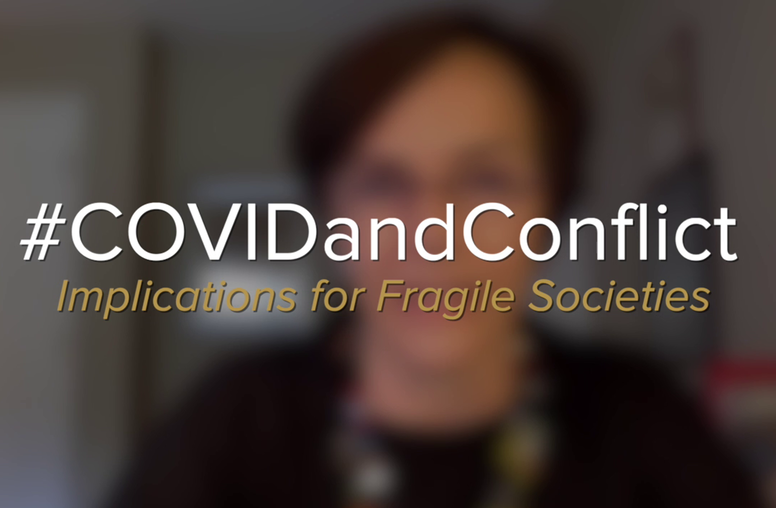
COVID-19 and Conflict: Implications for Fragile Societies
As countries around the world contend with the immediate impacts of COVID-19, the pandemic poses an urgent threat to fragile societies where the bonds between citizens and government are frayed or broken. In these places, the virus threatens to exacerbate conflict, trigger severe humanitarian crises, and disrupt global coordination on public health issues. Our Corinne Graff examines the potential effects of COVID-19 in fragile states and outlines how the international community can calibrate efforts to address conflict and fragility amid the pandemic.
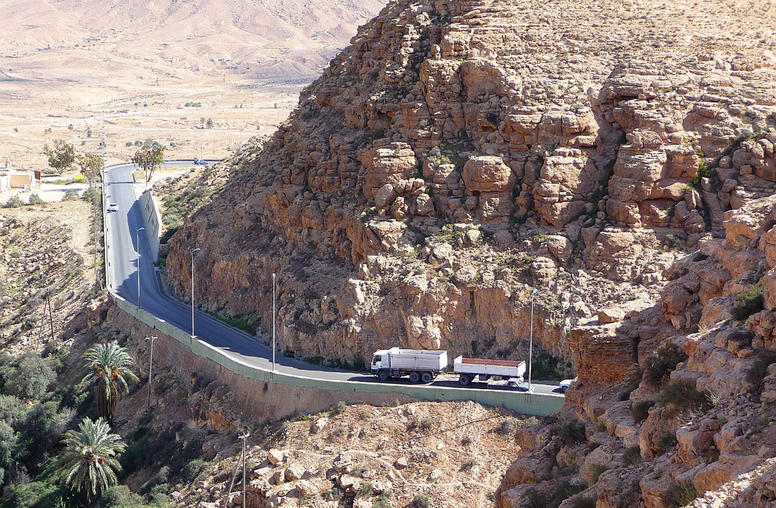
Amid Libyan Crisis, Two Hostile Towns Build a Basis for Peace
Libya’s escalated warfare and the COVID pandemic are hindering formal diplomacy and thus prolonging the risks the conflict poses—from the Mediterranean to Africa’s Sahel region. Yet even as international peacemaking on Libya is stalled, long-time foes in the country’s west have overcome old enmities to cooperate amid the coronavirus crisis. It is the latest of several grassroots advances in Libya that show how local dialogues can build peace amid warfare—even when global diplomacy is impeded.
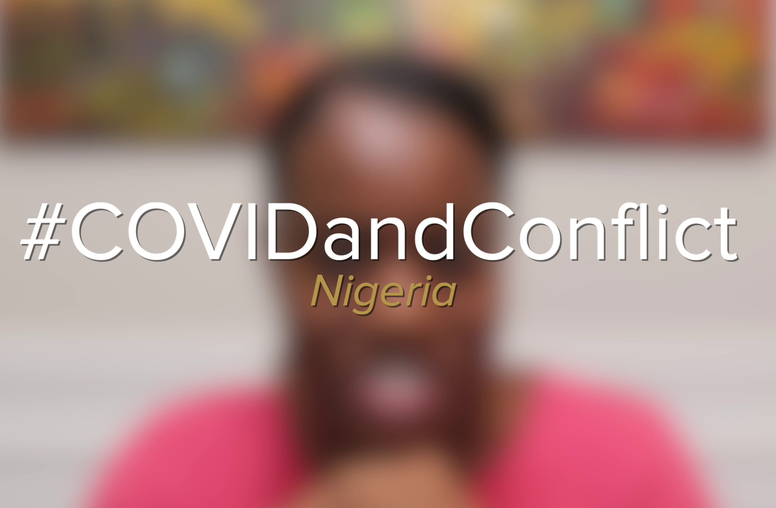
COVID-19 and Conflict: Nigeria
As Africa’s most populous democracy and largest economy, Nigeria’s ability to mitigate the spread of the coronavirus within its own borders has broader implications for the entire continent. Meanwhile, the virus threatens to exacerbate the country’s existing security challenges, which in turn make an effective pandemic response more difficult. In this #COVIDandConflict video, our Oge Onubogu looks at how the Nigerian government has addressed the virus and what potential takeaways the response to COVID-19 could have for tackling the country’s epidemic of violence.
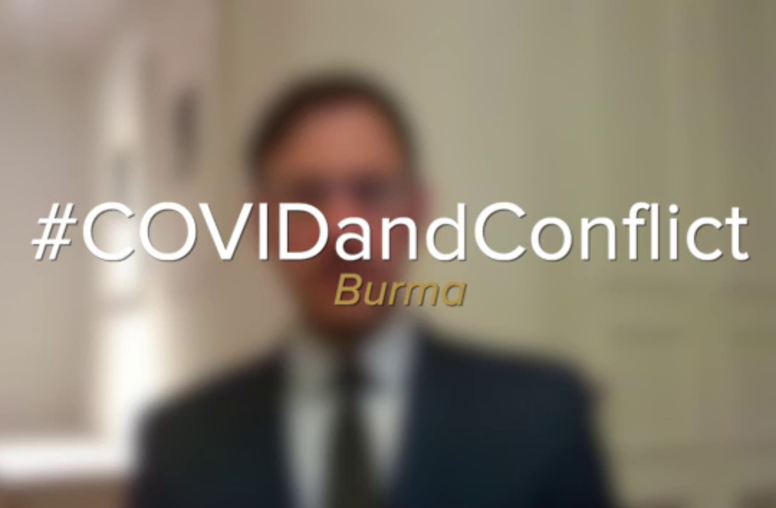
COVID-19 and Conflict: Burma
2020 loomed as a momentous year for Burma even before the COVID-19 pandemic caused major disruptions to societies and economies around the world. The country was preparing for national elections while struggling to end Asia’s longest standing civil war, and now faces these challenges alongside the added burden of the coronavirus. In this #COVIDandConflict video, Jason Tower looks at the country’s public health response, what the pandemic means for the peace process, and how it could affect the vote.
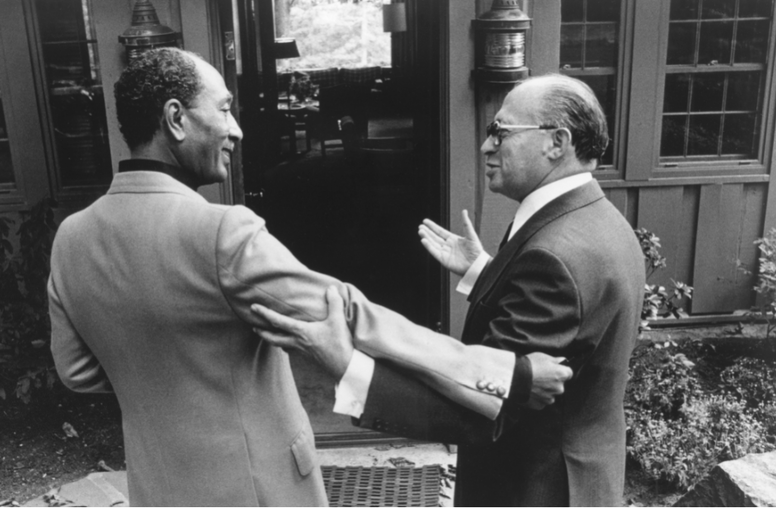
Yes, we can meet on online. But can we negotiate peace there?
The spread of the coronavirus has forced mediators and their international partners to halt the face-to-face meetings typically used in building peace. Feeling a sense of urgency, practitioners have scrambled to upgrade their use of alternatives—notably online consultations, dialogues and workshops. Digital tools are being quickly developed that could provide opportunities for peacebuilding unimaginable just a couple of years ago. How can we ensure that this development, now accelerated by the COVID pandemic, remains viable in practice?
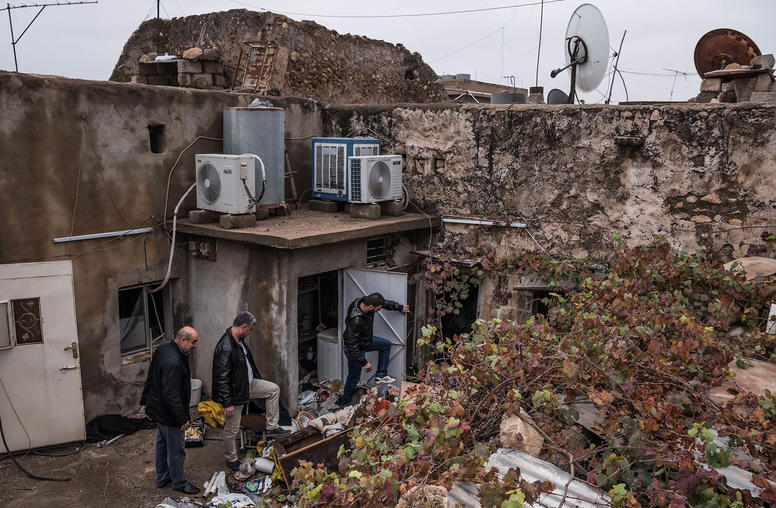
How Do Everyday Iraqis Perceive the Possibilities for Peace?
This March was the 17th anniversary of the overthrow of Saddam Hussein. In the following 17 years, Iraq has continued to be wracked by conflict and instability, from the insurgency to ISIS to today’s anti-government protest movement. Needless to say, policymakers and analysts have paid much attention to Iraq during the past two decades. Yet there remains a knowledge gap, with a lack of reliable data on how everyday Iraqis perceive the possibilities for peace and stability. Understanding how Iraqis view the possibilities for peace is critical to policymakers, peacebuilding practitioners, and donor agencies working to bring stability to communities that have long been held under the grip of violence.
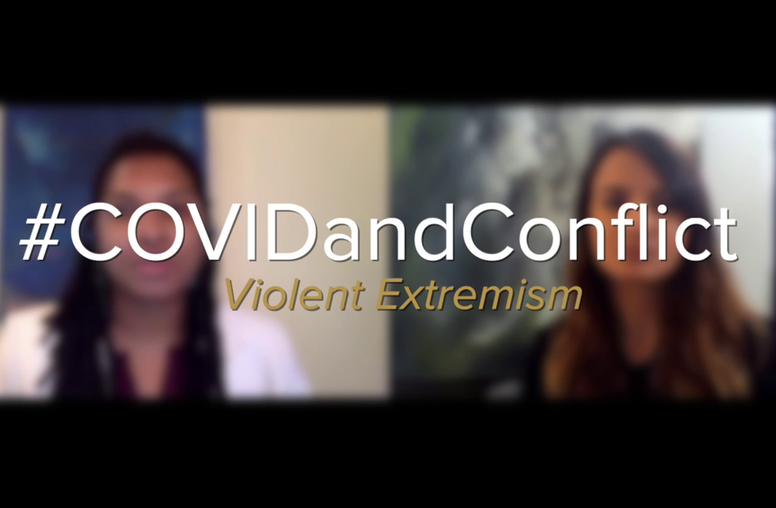
COVID-19 and Conflict: Violent Extremism
The COVID-19 pandemic sweeping across the globe is reshaping dynamics in fragile states and conflict zones. In this video, part of our #COVIDandConflict series, Kateira Aryaeinejad and Bethany McGann examine the pandemic's impacts on violent extremism: how extremist groups are exploiting the crisis, whether it is impacting recruitment, and how it complicates efforts to counter violent extremism.
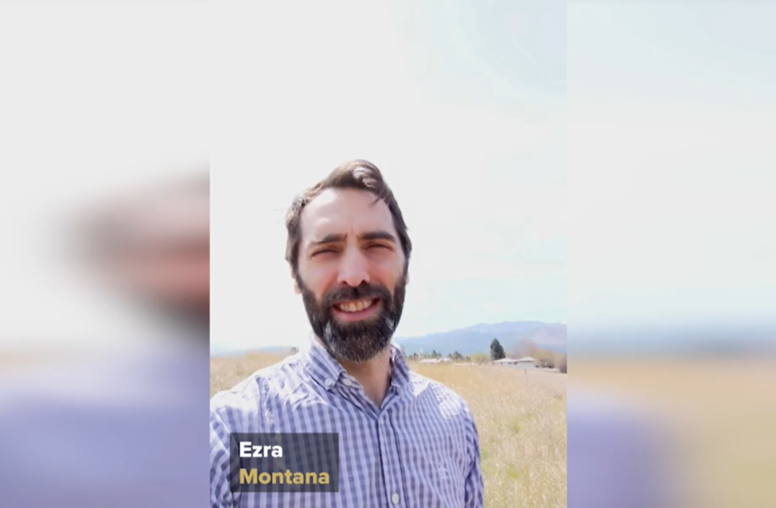
USIP Marks Teacher Appreciation Week 2020
Every May, the U.S. Institute of Peace celebrates Teacher Appreciation Week by honoring the important role teachers play as peacebuilders. This year, Teacher Appreciation Week and its message hold special resonance, as the coronavirus pandemic has upended education not just in the U.S., but around the world. In the face of this unprecedented challenge, teachers across the country are still delivering education from their homes. USIP and alumni of the Institute’s Peace Teachers Program have joined together to thank educators for all they are doing during this pandemic and for showing why it’s so vital to continue teaching about peace during this crisis.
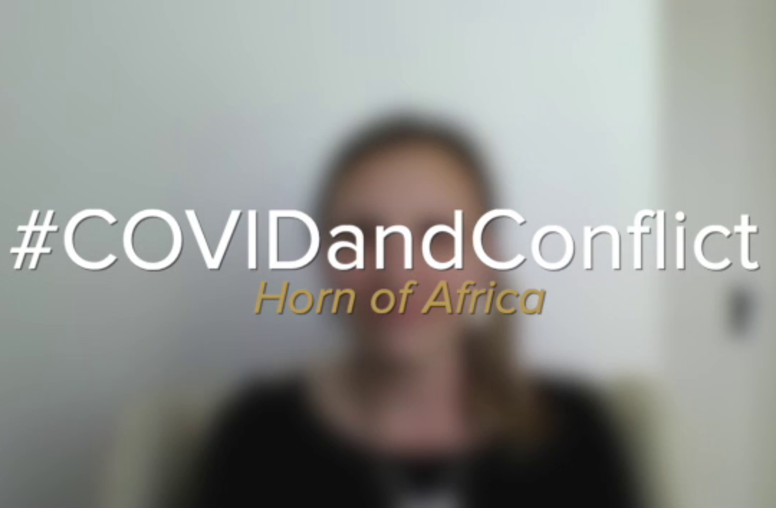
COVID-19 and Conflict: Horn of Africa
USIP is closely following the effects of the novel coronavirus around the world and we’re particularly concerned about its effects in fragile states and conflict zones, which are especially vulnerable to the impacts of these kinds of outbreaks. This week, our Susan Stigant looks at what new challenges have emerged in the Horn of Africa since the outbreak began.
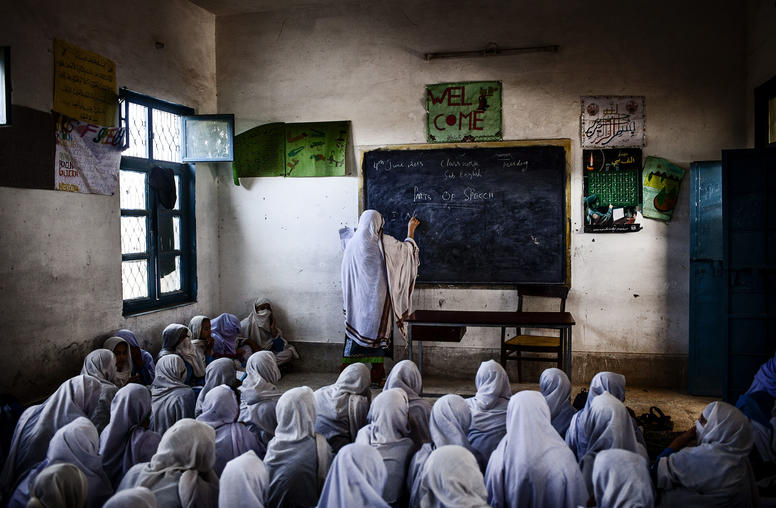
How ‘Teleschool’ Can Revolutionize Pakistan’s Education System
For decades, children’s media has been curiously absent in Pakistan. That changed last week when state television launched a new channel, Teleschool, in the wake of school closures due to COVID-19. With the Pakistani curriculum now beaming into millions of homes nationwide, the country has a chance to re-think the content of its failed education system and how children’s television media can help fill the gap.
